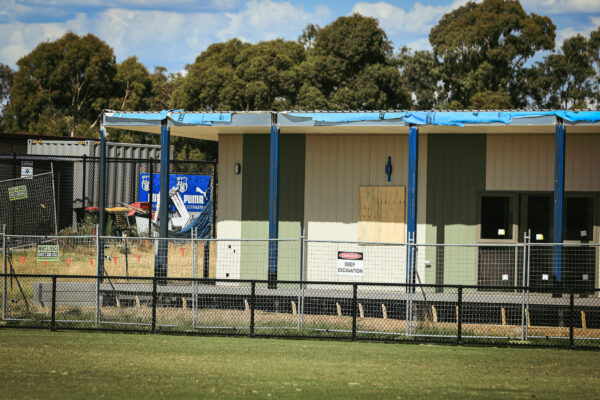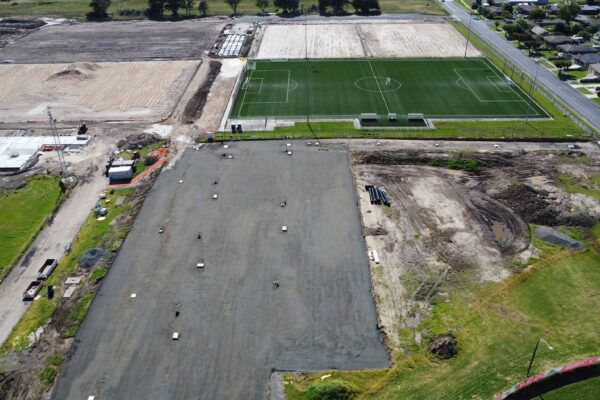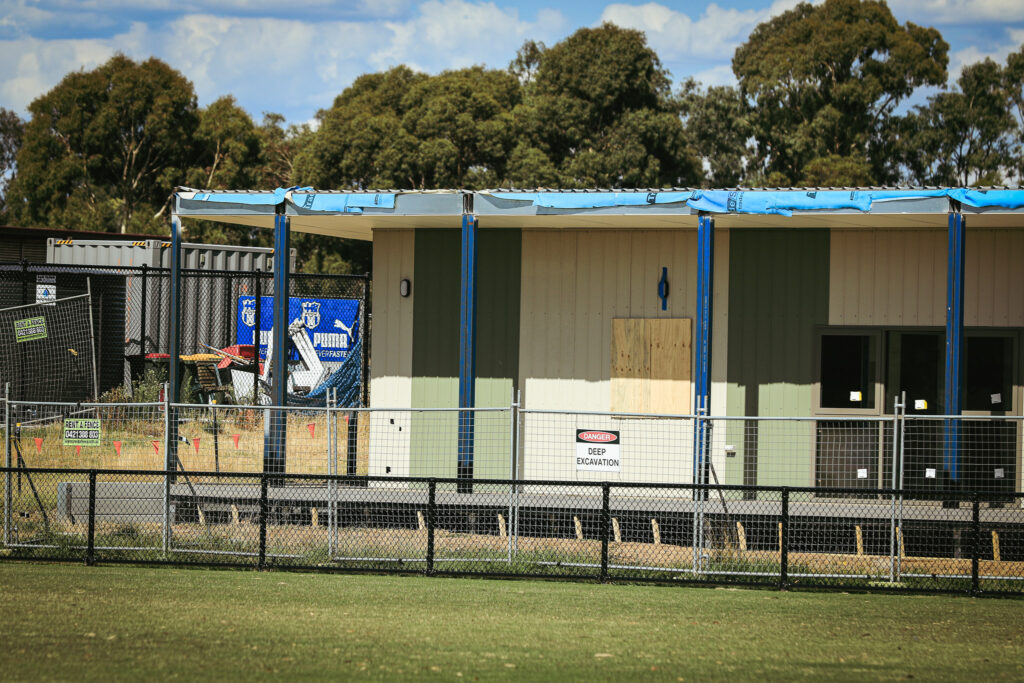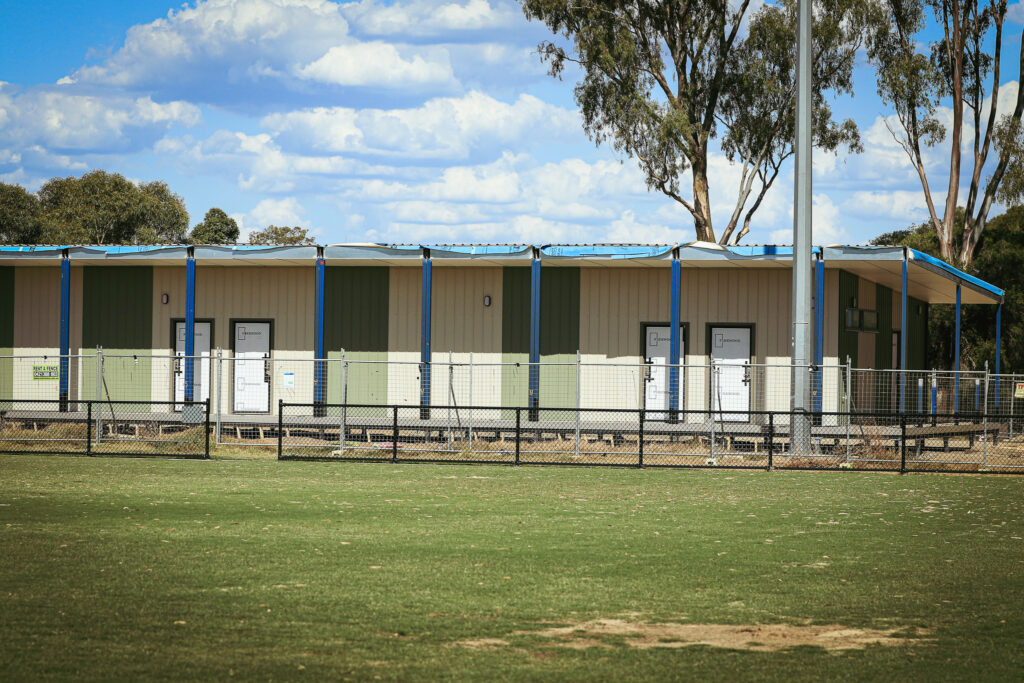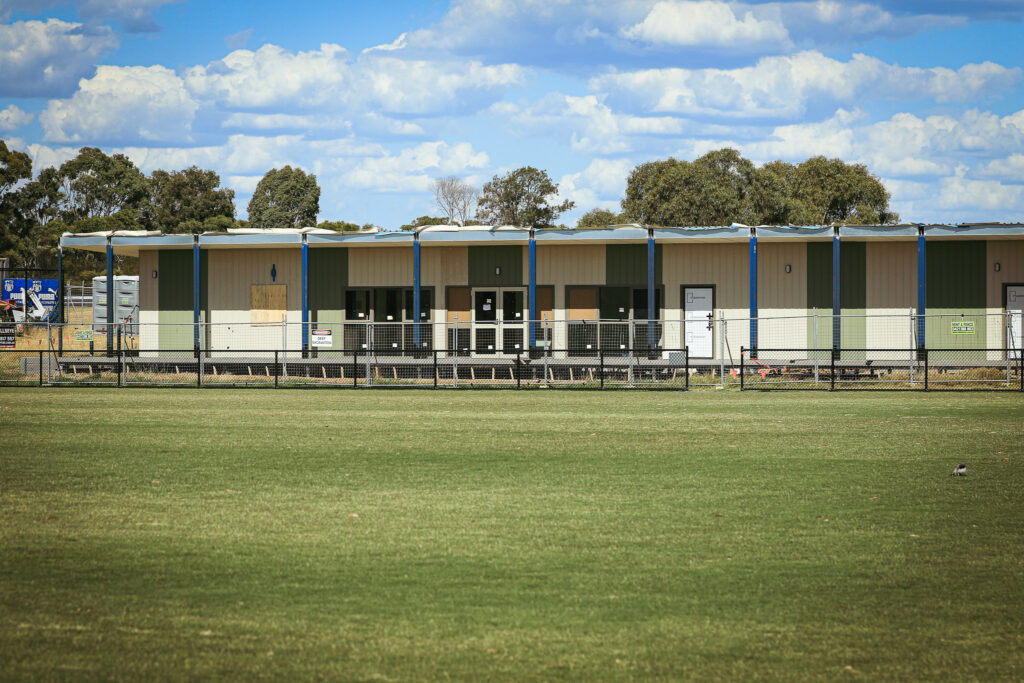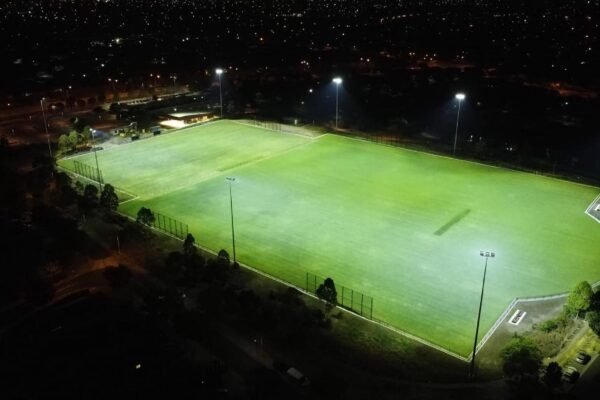
The NSW Government’s Local Sport Grants Program is set to provide over $4 million to more than 700 community organisations across the state.
The Local Sport Grants Program comes as a fantastic development for the state’s community sporting organisations who have faced immense obstacles as a result of the Covid-19 pandemic.
The program provides sporting organisations with the necessary funding to increase and remove barriers for potential participants, purchase sporting equipment and to improve infrastructure with 831 grants awarded to a total of 728 sporting organisations representing 58 unique sports.
The Local Sport Grants Program grants sporting organisations with up to $20,000 for projects which are focused on sport development, sport access and facility development. It reaffirms the NSW Government’s commitment to ensuring that grassroots and community sport can once again thrive in the wake of what was a formidable year prior.
The NSW Government’s Minister for Sport, Geoff Lee, acknowledged the welcome reprieve that the Local Sport Grants Program will provide for communities across NSW as they move to overcome the challenges of the Covid-19 pandemic.
“The pandemic, bushfires and floods have created significant uncertainty for local communities across NSW,” he said.
“Sport is the glue which keeps local communities together, and these grants acknowledge the importance of sport within our local communities, plus recognise the considerable contribution our army of sporting volunteers make on a daily basis.
“The Local Sport Grant Program is structured to help increase participation, improve facilities and increase investment, particularly in women’s sport, enabling more women and girls to participate.
“Whether it’s providing opportunities for people with a disability to play football at Randwick Football Club, purchasing jerseys and equipment for the Wiradjuri Warrior’s women’s rugby league teams or buying uniforms and equipment for multicultural kids at Rockdale City Raiders Football Club, these grants play a vital role in giving everyone the opportunity to enjoy the benefits of sport.”
For further information on the Local Sport Grants Program, you can find it here.



